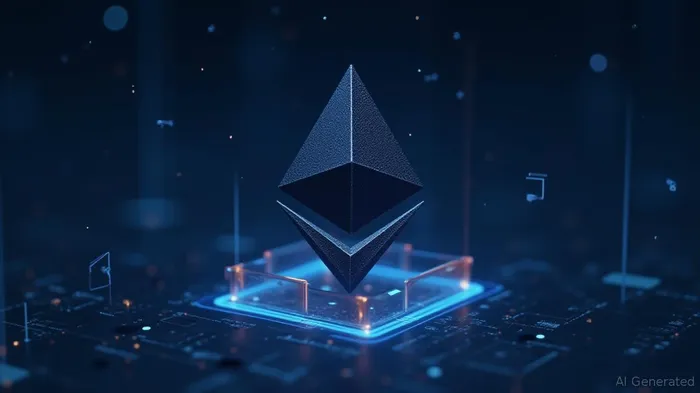Ethereum Prepares Fusaka Devnet 2 Launch June 23 With Key Enhancements
Ethereum developers have set their sights on the upcoming launch of Fusaka Devnet 2, scheduled for June 23. This development marks a significant milestone in Ethereum's ongoing evolution, following the Dencun upgrade. The key outcome from the recent meeting, as summarized by Galaxy’s Christine Kim, was the confirmation of the launch date. To ensure a smooth transition, at least three Execution Layer (EL) and three Consensus Layer (CL) client teams must be prepared. However, due to incomplete preparations, certain test scenarios will be deferred to Devnet 3, extending the testing phase accordingly.
The Fusaka upgrade is poised to introduce several enhancements to Ethereum’s data handling and smart contract infrastructure. This upgrade aims to refine the network's capabilities, making it more efficient and scalable. Developers reviewed a suite of Ethereum Improvement Proposals (EIPs) tied to the Fusaka upgrade, each addressing specific aspects of the network's performance and functionality.
One of the key proposals is EIP-7594, also known as PeerDAS, which enables distributed data sampling. This enhancement is designed to improve the handling of large-scale data, such as blobs, by distributing the data sampling process across the network. Another significant proposal is EIP-7825, which introduces a cap on transaction (gas) fees. This cap is intended to limit user exposure to fee spikes, providing a more predictable and stable fee structure for users.
EIP-7918 ties blob base fees directly to transaction costs, adjusting the blob market pricing model to better reflect the actual cost of transactions. EIP-7907 proposes a significant reduction in smart contract code size from 256KB to 48KB, which could lead to more efficient and cost-effective smart contract deployment. Additionally, EIP-7951 adds support for the secp256r1 elliptic curve, making Ethereum more suitable for enterprise and regulated applications.
Other proposals under discussion focus on gas cost optimization, opcode additions, and block size constraints. These enhancements signal a continued effort to refine Ethereum’s performance under scale, ensuring that the network can handle increased demand without compromising on speed or security.
With Fusaka Devnet 2 imminent and test plans expanding into Devnet 3, Ethereum’s development cadenceCADE-- remains steady. The developers’ focus on modular data scaling and fee predictability suggests that Fusaka could introduce meaningful improvements for both rollup infrastructure and base layer users. As the Fusaka roadmap unfolds, further updates on client readiness and specific testnet milestones are expected, providing a clearer picture of the upgrade's progress and potential impact on the Ethereum ecosystem.

Quickly understand the history and background of various well-known coins
Latest Articles
Stay ahead of the market.
Get curated U.S. market news, insights and key dates delivered to your inbox.



Comments
No comments yet